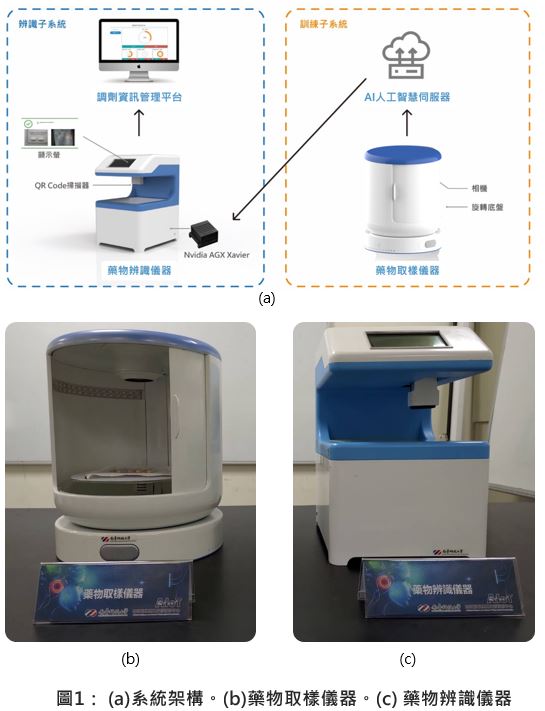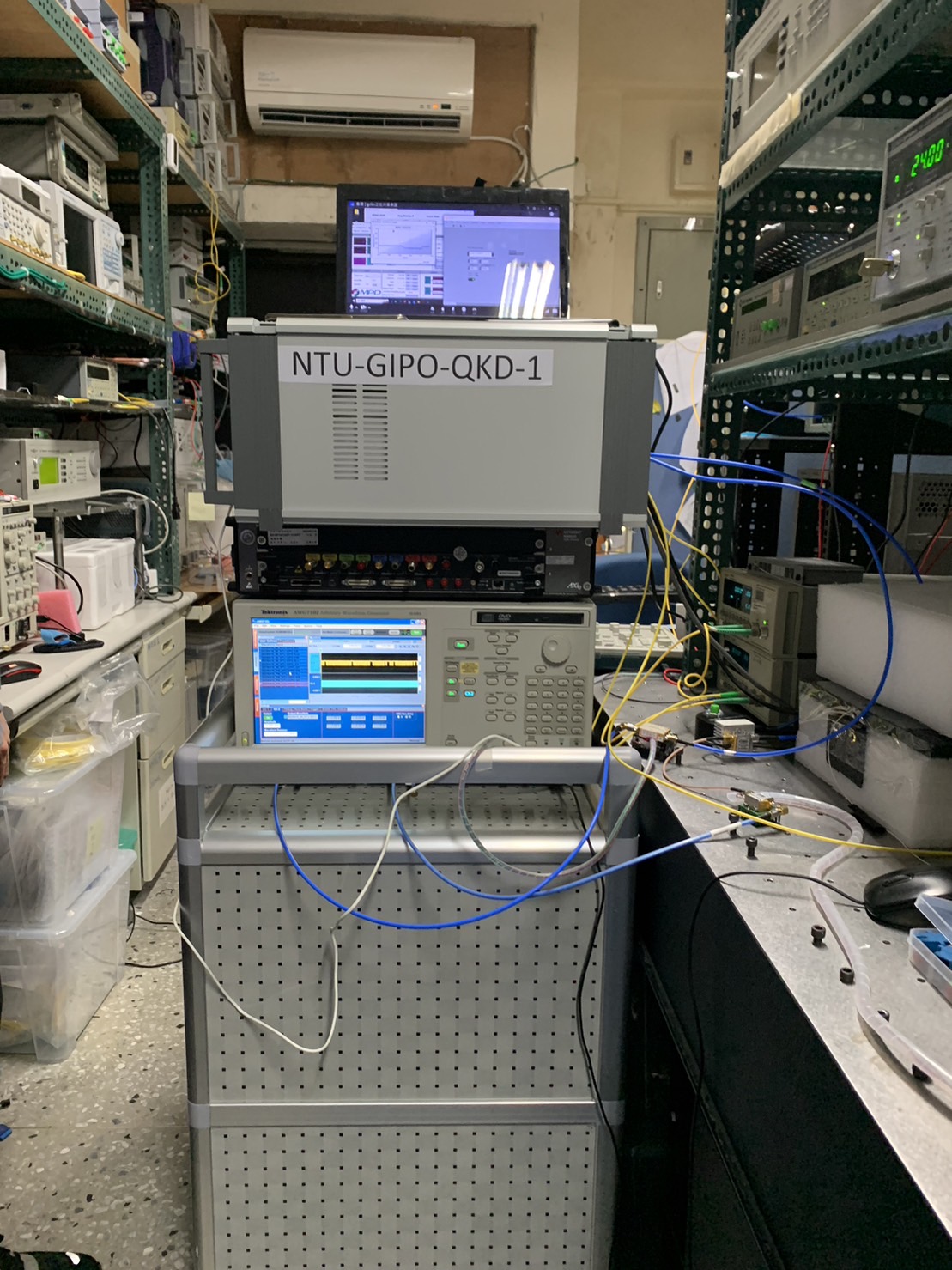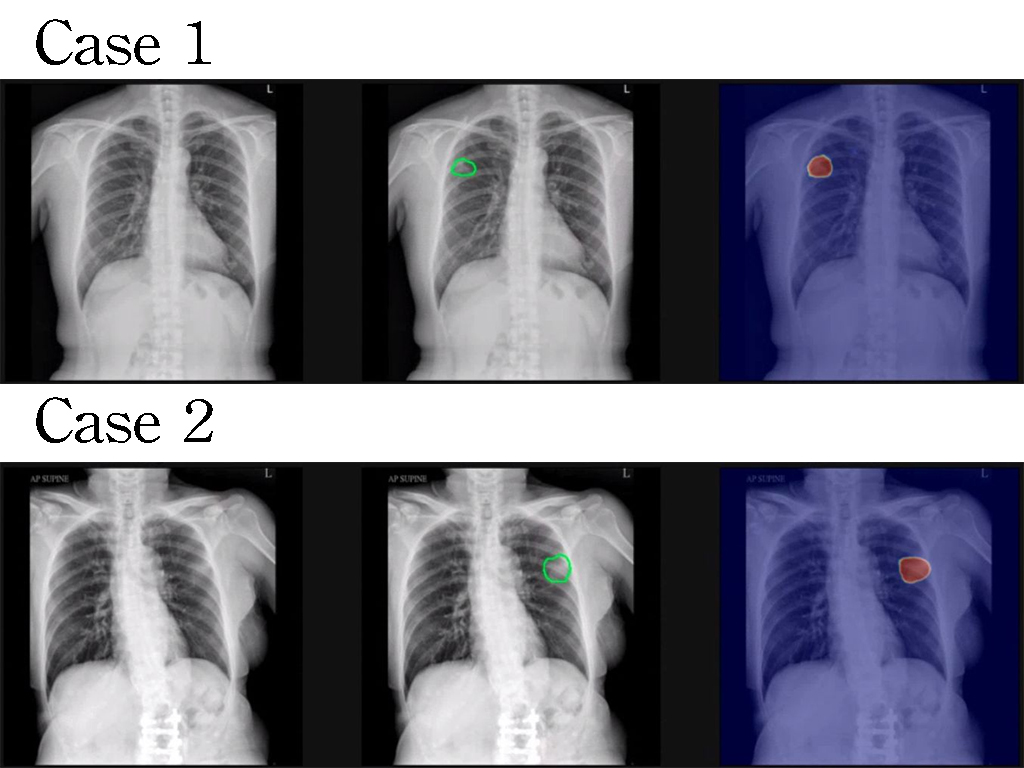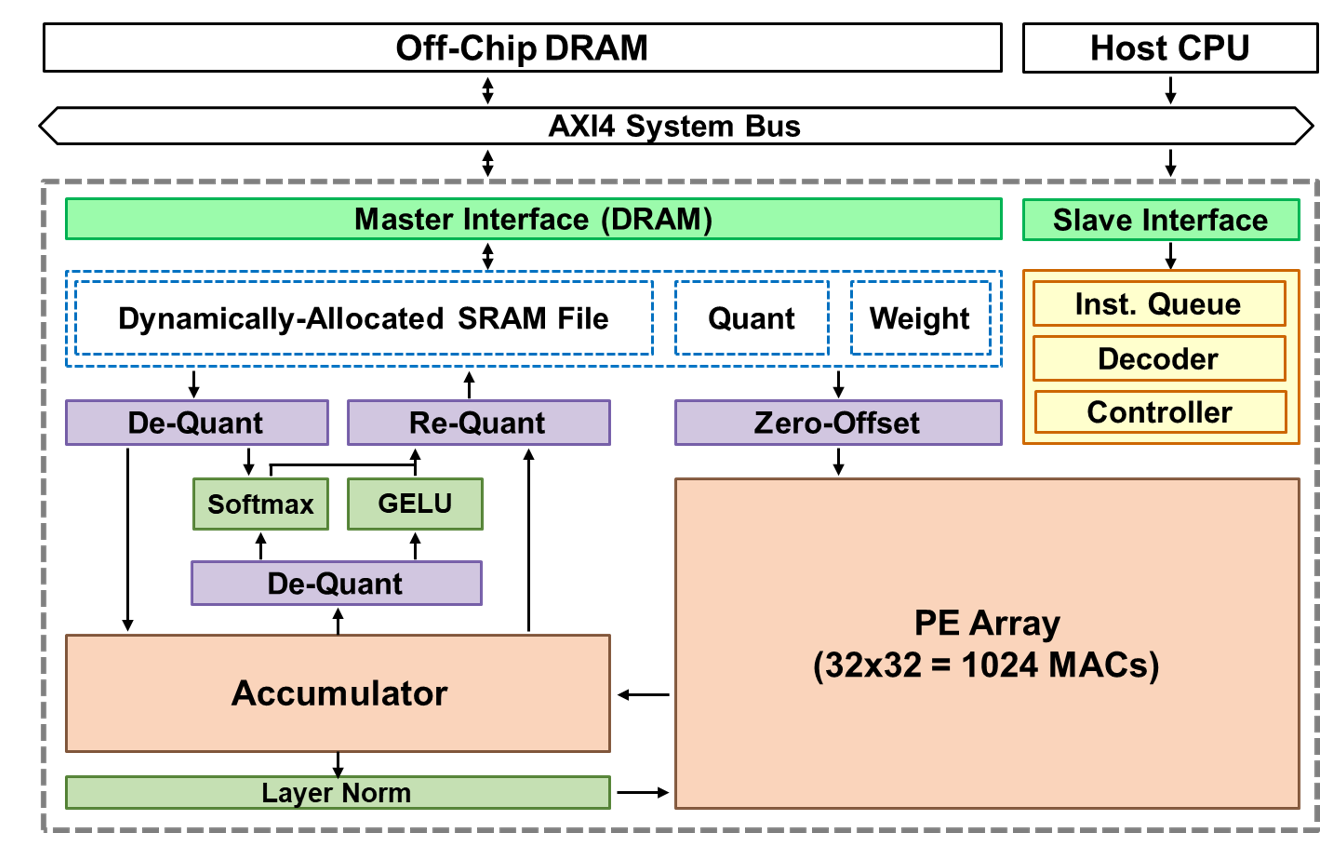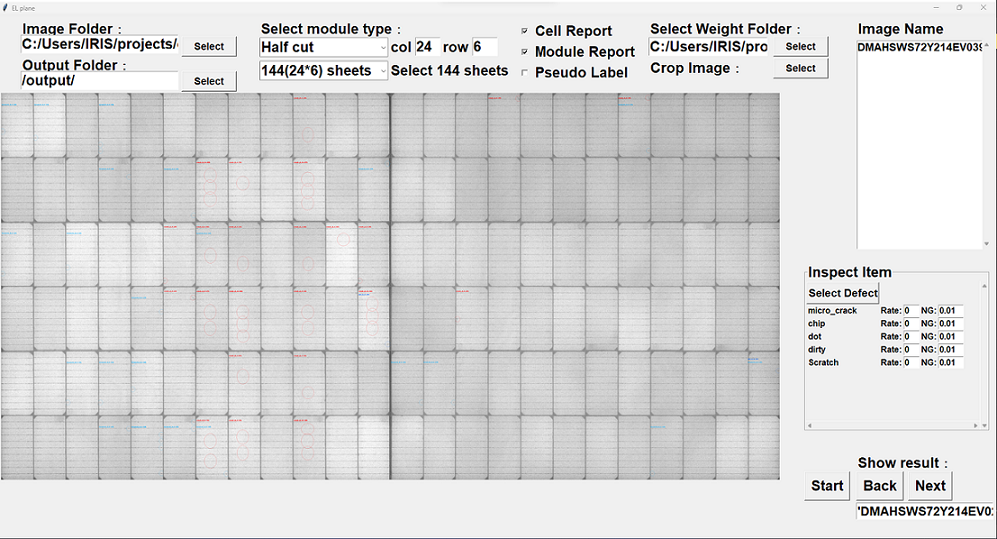| Technical Name | Neurobiological Basis and Clinical Applications of Sngception | ||
|---|---|---|---|
| Project Operator | Institute of Biomedical Sciences, Academia Sinica | ||
| Project Host | 陳志成 | ||
| Summary | This project defines "Sng" as a novel somatosensory modality distinct from pain. By integrating molecular neurobiology, clinical diagnosis, linguistic corpus studies, AI behavioral analysis, and precision therapies, the project develops dedicated diagnostic scales and multimodal interventions, improving identification and treatment of chronic sng-pain while also enhancing intercultural medical communication and advancing outcomes in global healthcare. |
||
| Scientific Breakthrough | Pioneering the neurobiological theory of "Sngception," this work reveals acid sensing via proprioceptors and introduces a novel linguistic perspective by analyzing corpus data to define the semantic and cultural uniqueness of "sng." Published in top international journals including Science Advances, these findings bridge molecular mechanisms, animal models, clinical imaging, AI, and cross-linguistic semantics. This comprehensive framework establishes Taiwan’s leadership in the emerging field of sng research, from neurobiology to intercultural medical communication, opening new avenues for global diagnosis and treatment strategies. |
||
| Industrial Applicability | This technology integrates clinical and fundamental research, enabling widespread adoption of the sng assessment scale across healthcare institutions and advancing personalized care and precision medicine. AI systems support both patient diagnostics and animal model evaluations, improving accuracy and accelerating therapeutic validation. In parallel, linguistic corpus analysis enhances intercultural medical communication by clarifying how pain descriptors vary across languages, thereby fostering international collaboration in biomedical practice. |
||
- Contact
- Chih-Cheng Chen
- chih@ibms.sinica.edu.tw
other people also saw



